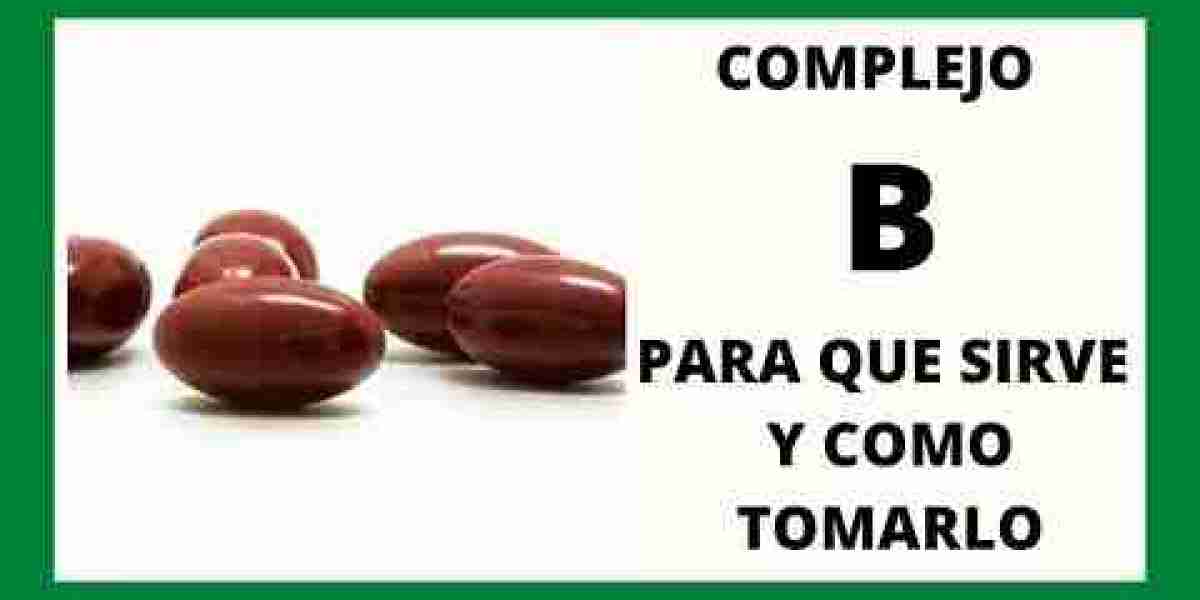Vitamina B12 Inyectable: ¿Aliada para la Energía o Obstáculo para el Control de Peso? | #blue vit b12 engorda
إستكشف المشاركات استكشف المحتوى الجذاب ووجهات النظر المتنوعة على صفحة Discover الخاصة بنا. اكتشف أفكارًا جديدة وشارك في محادثات هادفة
Descubre los Sorprendentes Beneficios del Romero para tu Salud | #te de romero beneficios
Descubriendo la Gelatina: Ingredientes, Orígenes y Curiosidades de un Delicioso Suplente | #¿qué marca de gelatina tiene más colágeno?
Descubre los Medicamentos que Potencian tu Bienestar: La Biotina en su Composición | #hierba ruda beneficios





